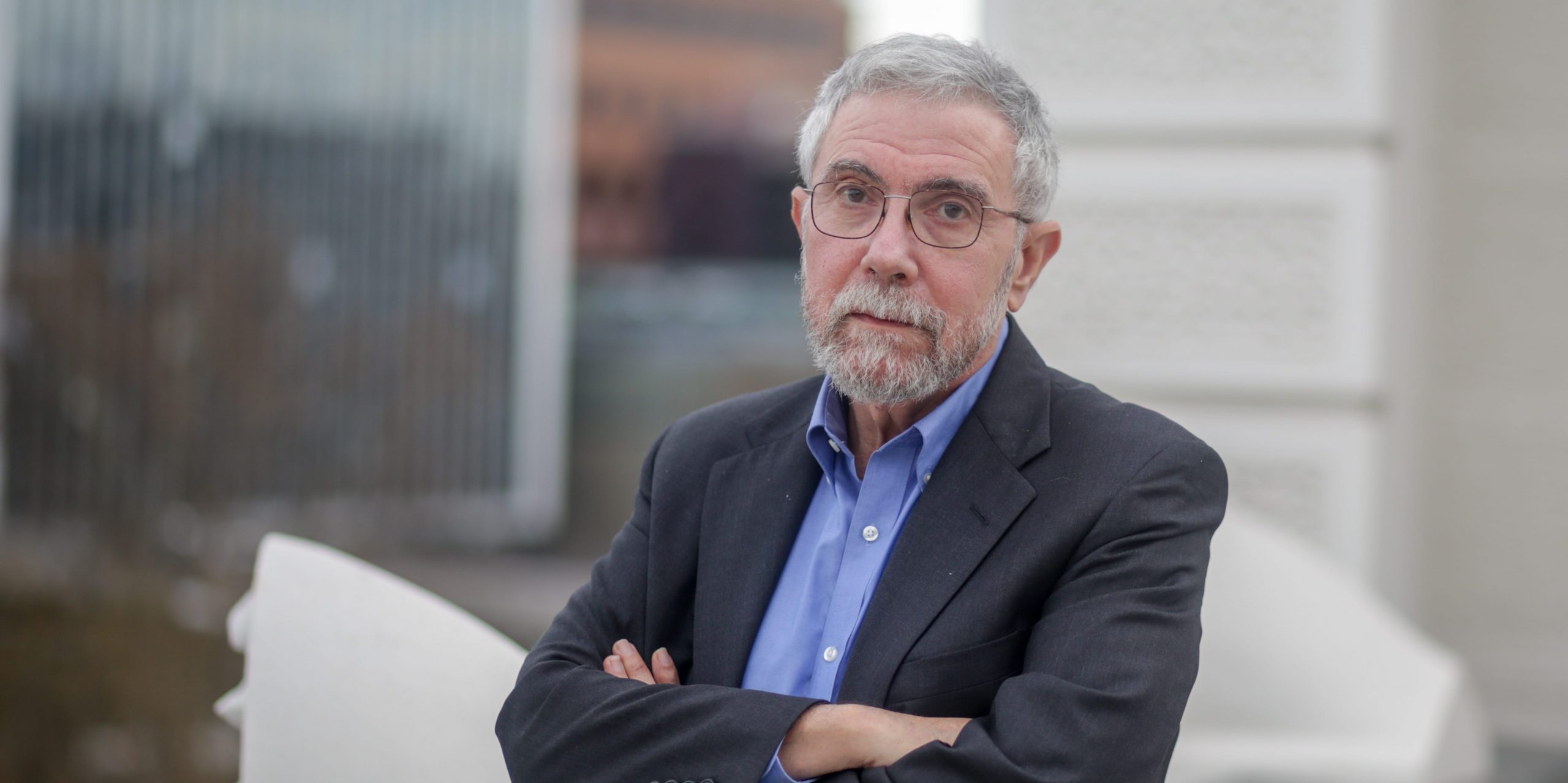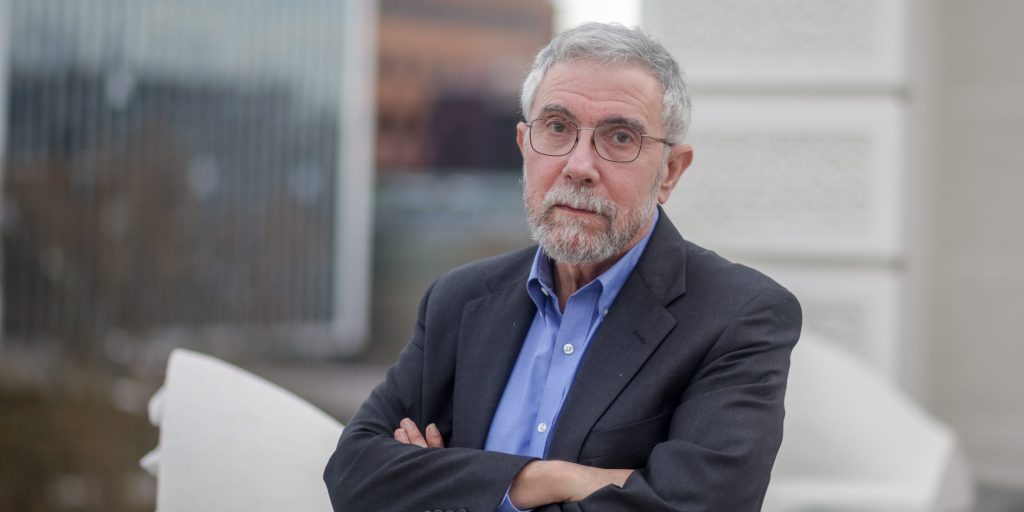
- Paul Krugman is not too concerned with inflation surging to a 40-year high, adding that he currently sees no economic crisis.
- The Nobel Prize-winning economist did emphasize that the Fed needs to tighten monetary policy.
- "The Fed clearly needs to start hiking rates. Probably not shock therapy — definitely not shock therapy," he said.
Nobel Prize-winning economist Paul Krugman is not too concerned with inflation surging to a 40-year high, adding that he currently sees no economic crisis.
And while he did emphasize the Federal Reserve needs to tighten monetary policy to cool the US economy, it doesn't have to be severe.
"It's not a crisis at this point … I don't see any sign yet that inflation has gotten entrenched in the economy," he told Bloomberg on Friday. "I think we're now in a situation where the Fed clearly needs to start hiking rates. Probably not shock therapy — definitely not shock therapy."
Krugman, a New York Times columnist and a City University of New York professor, said the central bank still has room to engineer a soft landing if it tamps down inflation steadily and immediately.
"I think they need to start raising rates and start doing it consistently until there's some pretty clear evidence in the data that the underlying overheating is fading away," he told Bloomberg, adding it "doesn't make much difference" whether it's 25 or 50 basis points in March.
On Thursday, hawkish comments from James Bullard, a Fed voting member and the president of the St. Louis Federal Reserve Bank, sent jitters through the market.
He told Bloomberg that he now favors a 50-basis-point rate hike at its upcoming meeting in March, and wants an increase of 100 basis points by July.
The Fed is widely expected to begin raising rates this year, starting with the next FOMC meeting on March 15 and 16.
But opinions vary across banks and prominent figures on the pace of interest rate hikes as well as by how much. Bank of America, for instance, forecast 11 rate hikes this year and next.
"This is clearly a very hot economy and it's the Fed's job to cool it off a bit," Krugman told Bloomberg.

